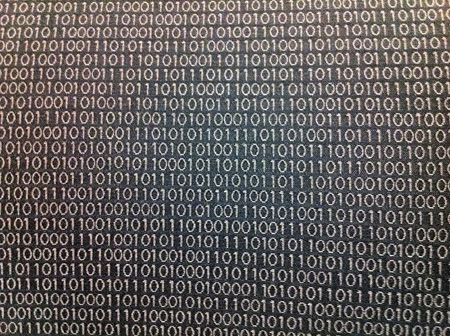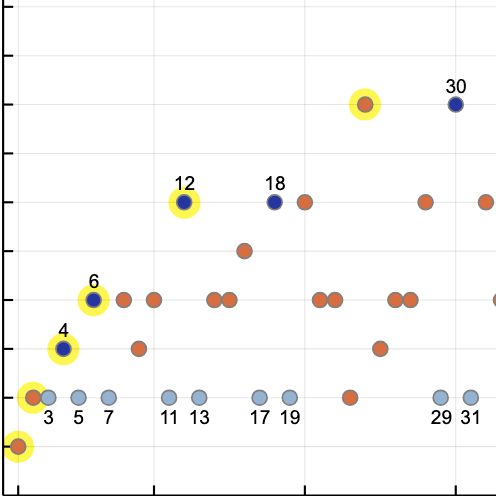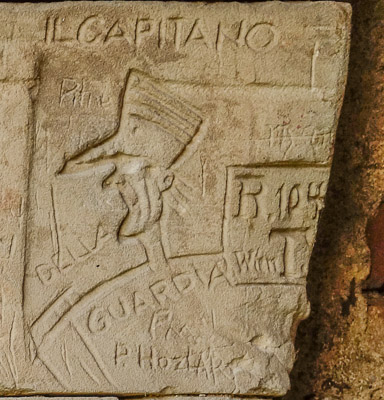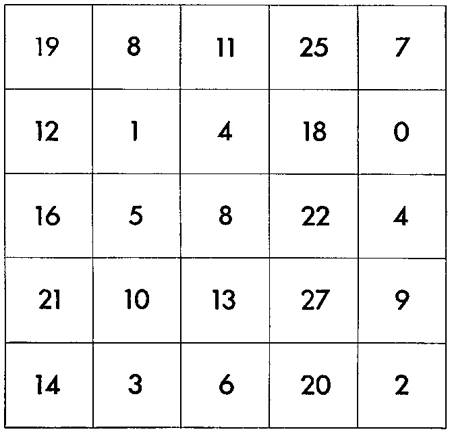Introducing bit-player
by Brian Hayes
Published 9 January 2006
Scribble, scribble, scribble. As if the world didn’t get enough of my writing already, with a bimonthly column in American Scientist, now I’m equipped to publish my every thought on a momen’t notice.
The bit-player weblog will cover much the same territory as the Computing Science column in American Scientist, but with greater frequency and with less fuss and formality. The main theme here (though not the only one) is the computational approach to understanding the world we live in, using algorithmic methods to explore, experiment, and explain.
The computer is sometimes described as a “tool for thought”—and I would not quarrel with that statement. At the same time, though, the computer is also a tool for not thinking, a device that allows us to find answers even to problems that we don’t fully or deeply understand. If you have keen mathematical intuition, you don’t need a computer; you can just prove the theorem and solve the equation, capturing the state of the universe in a concise formula that’s true for all time. I am full of admiration—or is it envy?—for that kind of genius. Sadly, however, I am seldom visited by mathematical inspiration. I haven’t a theorem or a lemma to my name. What I can do is write a program—a dumb, brute-force procedure that tries to get at the truth of nature by starting with simple rules and applying them over and over again, tracing the evolution of a system from moment to moment. It’s not always pretty, but sometimes it works.
It’s an article of faith for those who adopt a scientific worldview that the universe is ultimately comprehensible. Sooner or later, it yields its secrets to human ingenuity. But it’s really not enough just to say that the universe is “comprehensible,” if all we mean by that is that someone somewhere, possessing all the right mental equipment, can hope to make sense of it. Far better for each of us to be able to say: “I can understand; I can work it out for myself.” This is where the computer has been such a liberating and democratizing influence. It’s mathematics for the rest of us.
In the bit-player weblog I’ll be reporting on my own occasional, casual, amateur forays into computational science; more often, I’ll be giving pointers to the work of many others.
Responses from readers:
Please note: The bit-player website is no longer equipped to accept and publish comments from readers, but the author is still eager to hear from you. Send comments, criticism, compliments, or corrections to brian@bit-player.org.
Publication history
First publication: 9 January 2006
Converted to Eleventy framework: 22 April 2025




Thank you Mr. Hayes for this blog. I greatly admire your writing, and this is a great oppurtunity to read more of it.
I just wanted you to know that.
Thanks.